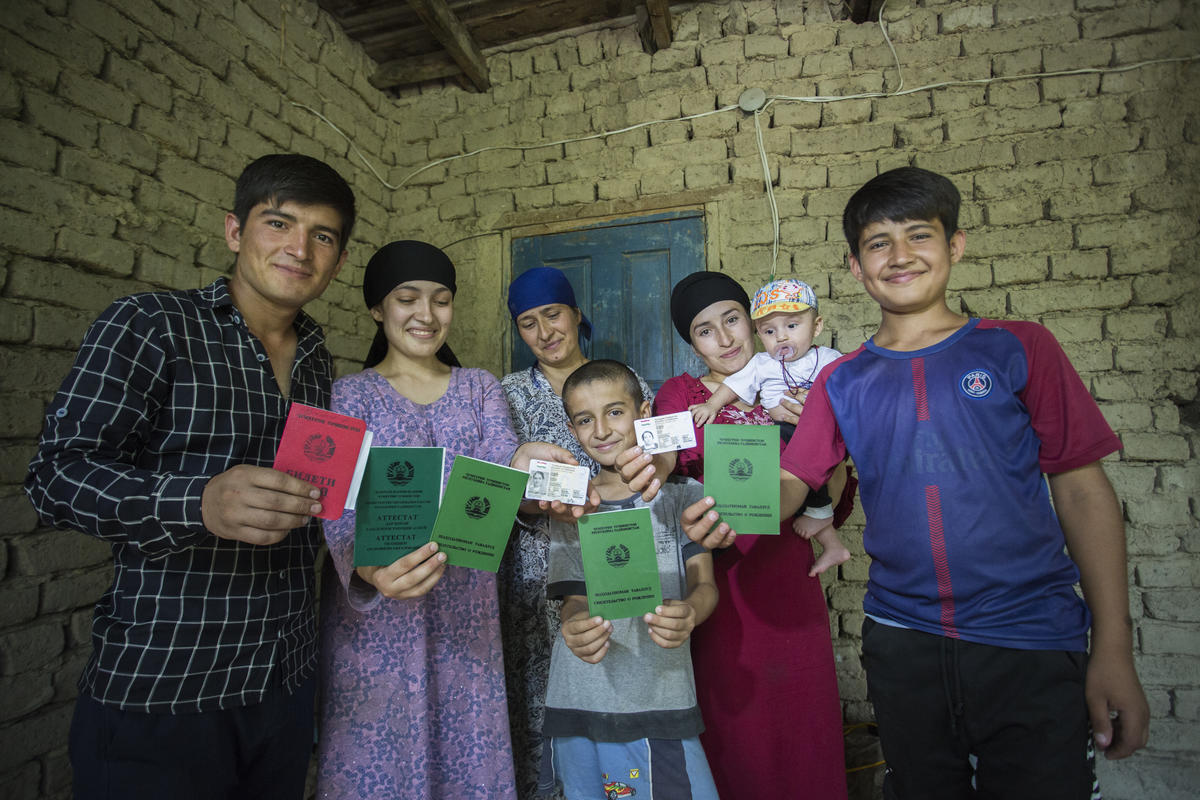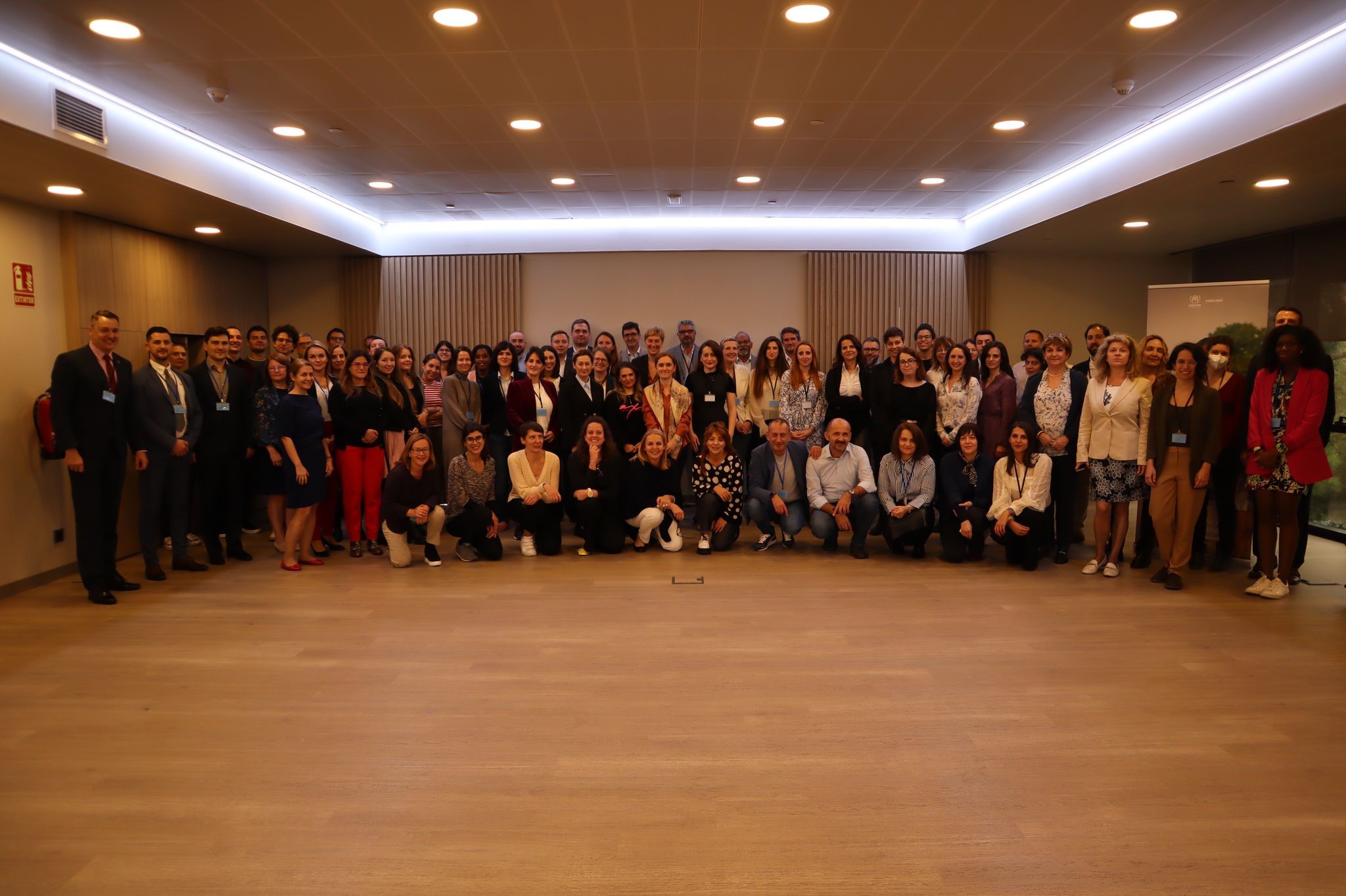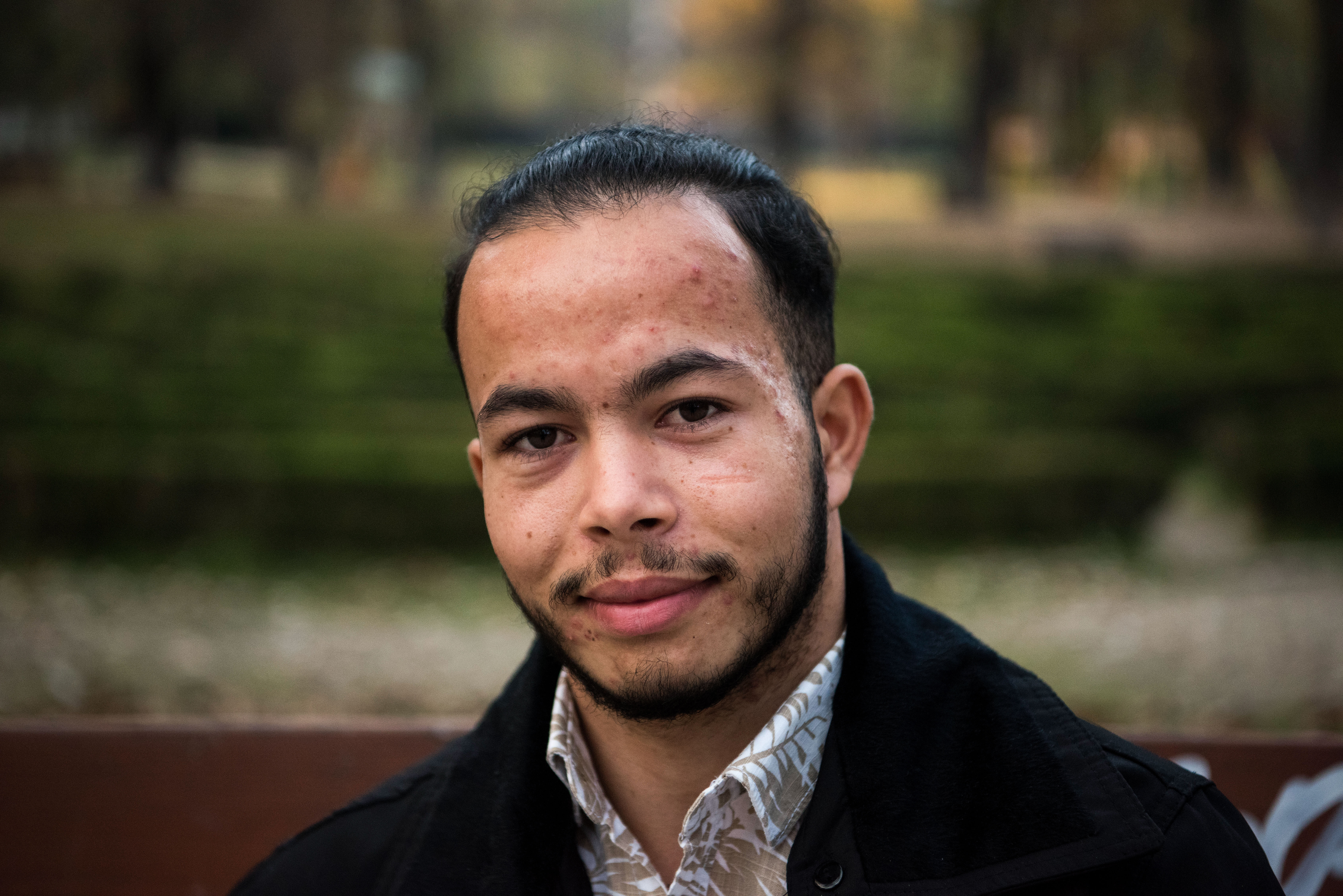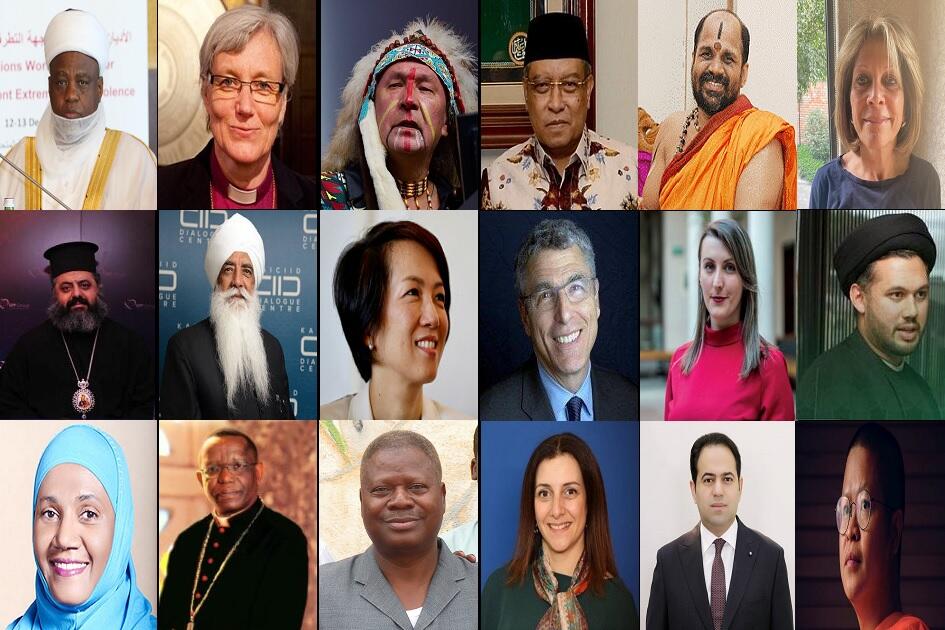UNHCR launches media campaign against statelessness in Sri Lanka
UNHCR launches media campaign against statelessness in Sri Lanka

COLOMBO, Sri Lanka, March 26 (UNHCR) - The UN refugee agency on Monday stepped up its campaign to reduce statelessness in Sri Lanka by launching a media campaign to raise public awareness about the country's citizenship laws. UNHCR is working closely with the government in this project.
A string of Tamil-language radio spots and newspaper adverts will over the next five days inform the public about various procedures for acquiring citizenship. Posters with the same information have been distributed in tea-growing regions by the Plantation Human Development Trust, a quasi-government body responsible for infrastructure, health and social welfare projects in tea estates.
The campaign is mainly targeting ethnic Tamils in central Sri Lanka's highland plantations because most stateless people in the country are descendants of Indian Tamils brought to work in the tea estates between 1820 and 1840, when Sri Lanka was a British colony.
Sri Lanka's 1988 and 2003 Citizenship Acts were aimed at resolving the problem of stateless people, but some of the so-called "Hill Tamils" continue to face problems in obtaining the documents necessary to enjoy full rights as citizens.
This week's media drive is a follow-up to a series of awareness-raising workshops that were conducted last December for local government officials, aid workers and union representatives in central tea-growing areas, including Kandy, Nuwara Eliya and Bandarawela. These were run by UNHCR in cooperation with the Department of Immigration, the Ceylon Workers Congress and the local Human Development Organisation.
The workshops focused on increasing understanding and awareness about Sri Lanka's citizenship laws, while addressing more practical issues such as access to basic documentation and voter registration.
This is UNHCR's second large-scale programme to reduce statelessness in Sri Lanka. In 2003 and 2004, the agency carried out a similar media campaign to inform the public about the new citizenship law and procedures for acquiring citizenship.
Mobile clinics were set up in plantation areas to provide people with information about the new legislation. It is estimated that more than 190,000 people gained citizenship during the course of the first campaign.








